Spotlight: Jon Kaplan
In the early 1980s, I returned to Toronto after time working in New York and Europe, and a brief stint out west. NOW Magazine had just burst onto the scene, doing a kind of Village Voice thing, and a certain Jon Kaplan was their theatre critic. He saw me in a show called Slow Dance on the Killing Ground and gave me a very nice mention. That was how Jon first came into my life.
By that point, my association with theatre critics had been relatively scant. Growing up, the distinguished Montreal-born critic Herbert Whittaker was a family friend who came to our house for dinner and lively discussions on arts and culture. I was a little afraid of him. I saw him as a bit old-school, but his delight and profound love for the theatre, here and abroad, always shone through.
Other than that, the world of theatre critics remained a foreboding and alien fortress. I had, with great relish, pored over Diana Rigg’s roasting of critics in her book No Turn Unstoned, which only cemented my distrust. Though I respected that critics had their own job to do, as I had mine, I kept a safe distance from the people who could (I believed, with great respect and trepidation) make or break my career. It felt gaudy and déclassé to pander to their affections by charming them offstage, and so it never occurred to me, as a young actress, that I would ever actually be friends with any such person.
Jon was different. Over the course of a few years, he saw me perform in many plays with Crow’s Theatre, Theatre Smith Gilmour, and Theatre Columbus; in crazy clown and bouffon shows; Shakespeare in parks; and in the many found spaces of the then-nomadic Buddies in Bad Times and Theatre Centre.

The moment we went from being professional acquaintances to actual friends remains elusive, but I do remember the first time he invited me over for dinner. He cooked a delicious pasta dish, and I still have an indelible memory of him warming the garlic in oil with some apricot to give it flavour, explaining how it had to be done “ever so slowly.” Something struck me, then, about his kindness and patience.
I’m not alone in my friendship with Jon. He’s been a friend to many of us in the theatre, not keeping us at a distance as some reviewers prefer to do. “It’s impossible to distance myself from the people who have given me emotional experiences in the theatre, to be cold to artists who have made me feel so much,” he tells me.
We’re out for breakfast at the noisy Flo’s Diner in Toronto’s Yorkville neighbourhood when he says this. I’m more than a little nervous, as Jon’s the one who has interviewed me and countless others over the years, and now the tables have turned. But I have a lot of questions for him. We share a deep respect for privacy and there are things we had never discussed—I realize, strangely, that I have never asked him about how he got into this crazy business, and how it was that he, as an American, chose Toronto as his forever home.
“I was introduced to theatre at a very early age,” Jon says. “I remember seeing my first productions when I was five or six years old. One was Hansel and Gretel, and the other had something to do with Annie Oakley.” One scene from his otherwise foggy memory of the Annie Oakley play remains clear to him: “Annie is trapped, tied to a table by some baddies, but she manages to get free and save another woman who was tied to a train track. To those two productions I attribute the importance of theatre for young audiences and feminist theatre, which are still so important to me today.”

Jon grew up in Florida and studied English at Brandeis, just outside of Boston. At that time, Boston was the tryout town for Broadway, so on top of the theatre programs of the twenty or so colleges in the area, there was tons of theatre to see. And Jon took full advantage. “I probably went to shows once or twice a week while I was doing undergrad,” he said. Though not generally starstruck, he lights up talking about seeing Gypsy Rose Lee in Auntie Mame: “That was pretty special.”
Jon was never interested in being onstage or in being a theatre artist in any other capacity. Though he wrote his first reviews in junior high as co-editor of the school paper, and took a course on reviewing at Brandeis, it wasn’t something he really considered doing professionally. More than anything, he just loved theatre. He was, and essentially remains, a great big fan.
When he graduated in 1969, the Vietnam War was still raging and Canada was a draft haven. Jon decided to escape by enrolling in a master’s in English at York University, where he wrote his thesis on Elizabethan and Jacobean theatre. Before leaving for Canada, he admits he didn’t know there was any theatre here to speak of. “Who in the States knew anything about Canada except mukluks and igloos and lots of snow?” Jon laughs. “I learned a lot when I came here.”

He happened to step into Toronto at a very exciting time. Tarragon, Passe Muraille, Toronto Workshop Productions, and Factory were in their infancy, and there was real interest in creating a theatre dedicated to new writers and true expressions of what it meant to be Canadian. Jon was busy up at York when he discovered what was happening downtown, and he started spending two or three nights a week seeing shows in the city. In the mid-70s, he got a job writing theatre reviews for Body Politic, and a few years later NOW entered the picture.
Jon had heard through a colleague that some friends of friends were starting a newspaper, and he knocked on their door and told them: “I can write about theatre, I can write about dance, I can do classical music, I can do book reviews… I especially love theatre.” He was hired.
For the next three years, Jon rounded out his work with freelance editing projects and part-time teaching at York. But as NOW grew, he found himself spending less time teaching and freelancing and more time at the magazine. Eventually, it turned into a full-time job where he could make money, take care of himself, and indulge his passion for theatre.
“Part of me is this passionate person who would go to the theatre even if it wasn’t a job,” Jon says. Theatre tells him more about himself than any other art form; it shows him things he might have known but had forgotten and introduces him to new ways of looking at the world. “Theatre is something that touches my soul and helps me grow. I want to feel something. If I don’t, then theatre isn’t working for me.”
As a reviewer (“I don’t use the word critic”), Jon sees himself as part of a triangle, with the artist and the audience as the other two points. His job is to watch a play or talk to an artist, and then present his thoughts to the potential viewer in hope that they’ll want to go out and see the show.

“One of the key words I think about with every show I go to is ‘respect,’” he says “It’s important to respect an artist who has spent weeks, months, years working on a piece. To simply dismiss it in five hundred words is horrible and unfair. Too often these days there’s a thumbs-up or -down attitude and that’s not my nature.” Jon doesn’t see it as the reviewer’s job to declare a show worthwhile or not. To him, the way to use a reviewer is to read that person over a period of time and use them as a gauge to what you may or may not like.
“I think everyone who sits in the theatre is a potential reviewer,” he says. “There are lots of viewpoints, and anyone’s is as legitimate as mine. But mine is a practised one, after all, I’ve been doing this for thirty-five years.”
After all these years, despite the rigours of his schedule, Jon is still happy to go to the theatre and let a production wash over him. “If you’re spending your time focusing on writing words that analyze what’s happening, you’re missing what’s happening,” he tells me.
Five years before Jon started at NOW, he met his partner Don. Together for over forty-two years now, they keep separate apartments in the same building (very possibly having discovered the secret to long-lasting romance). On a recent visit to Jon’s flat for lunch, Don spent time with us. During our conversations, Don would head back to his apartment and then reappear with things that illustrated what Jon was explaining: a photograph of an exquisite flower or a certain site they’d seen on one of their extraordinary trips. They have often gone to beautiful places together, and sometimes go on separate trips, knowing the other would just “hate” doing whatever that trip specifically called for. Their negotiations of togetherness, while still honouring their individuality, is a dance worth beholding.

While I was at the Stratford Festival in 2007, I heard a knock on my door, and there on the stoop stood a rather dapper-looking Jon and Don, grinning from ear to ear. “Hello!” they chimed. “Just wanted to say hi! And… we’re here… in Stratford to… ummmm… GET MARRIED… TODAY! This afternoon!” It was a wonderful surprise.
Jon keeps a sunny disposition, no matter how much he may be navigating in his professional or private life. He’s not one to dwell on his own difficulties. In the past couple of years, Jon has been dealing with health challenges and various treatments for cancer, which has come and gone and recently come back, though one would hardly know it. His treatments and consultations (which are full schedules in themselves) are no impediment to his work. Until very recently, he kept all of this very private, which speaks to his supernatural stamina. This man has seen on average four plays a week for thirty-five years (often many more in festival season) and still looks as excited about it all as when I first met him, so long ago. And despite maintaining a rigorous schedule, and dealing with a scary health proposition, he remains kind, present, interested, curious, gentle, optimistic, and, for a “critic,” not very critical.
An actor’s life can be very lonely, and there are many times when I’ve wondered if I could be doing something more useful with my energies. Jon has always reminded me why my work is important, and why it makes a difference. I don’t think I’m the only one he’s had that effect on. He has a deep respect for artists and what we bring to life and to the conversation. “I want the artist to have a voice,” he says, with his impish smile. And it’s true. He does.


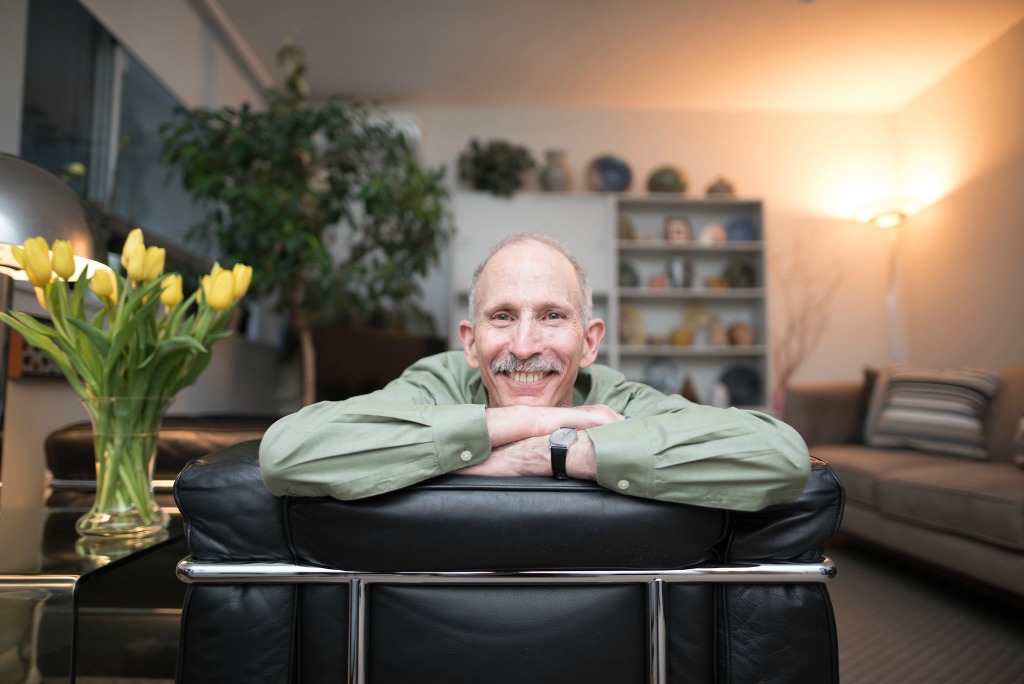
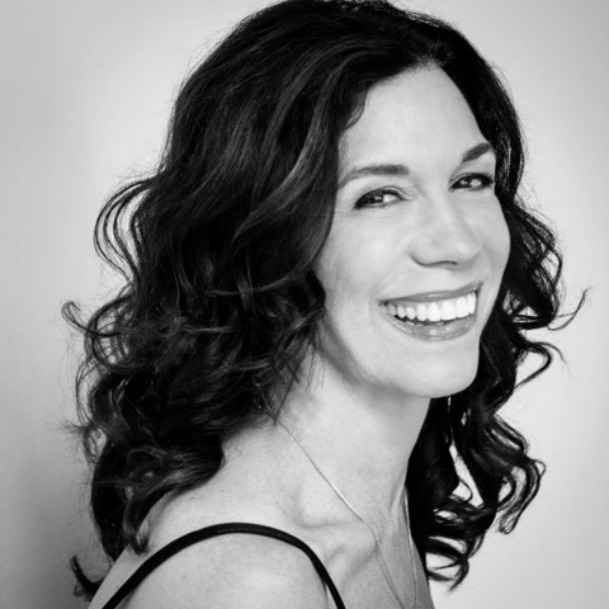
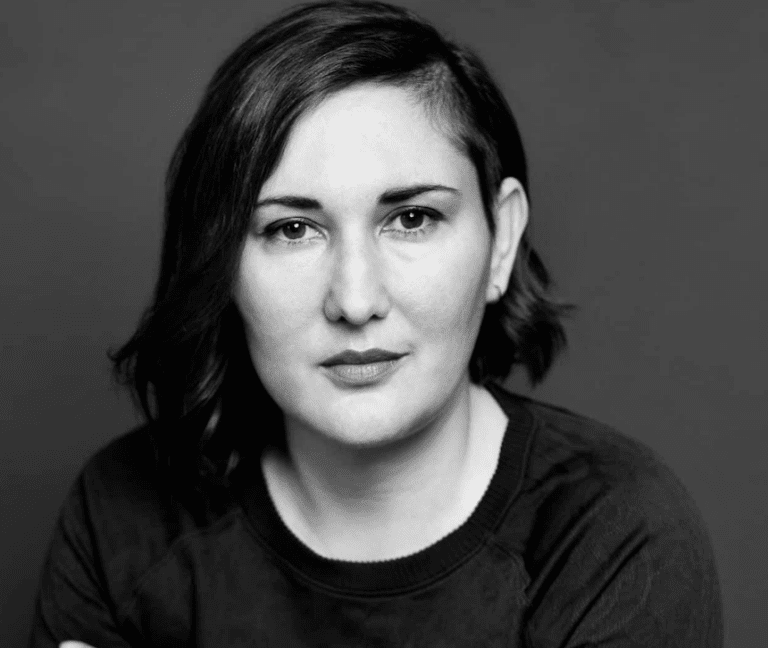
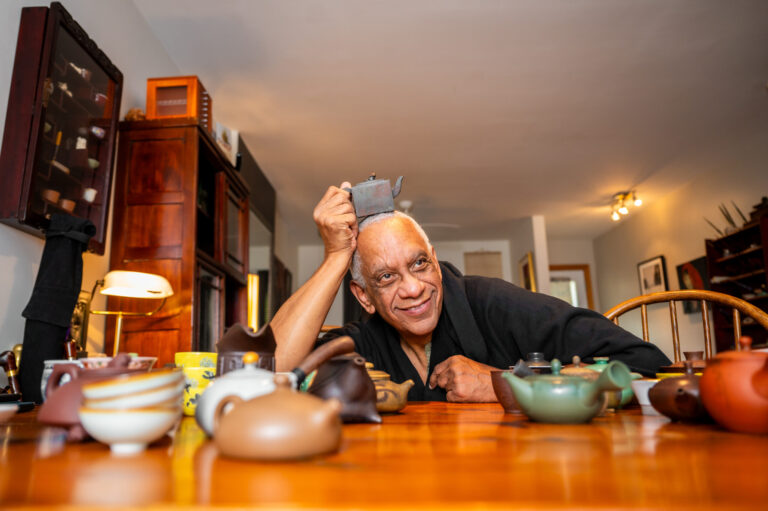
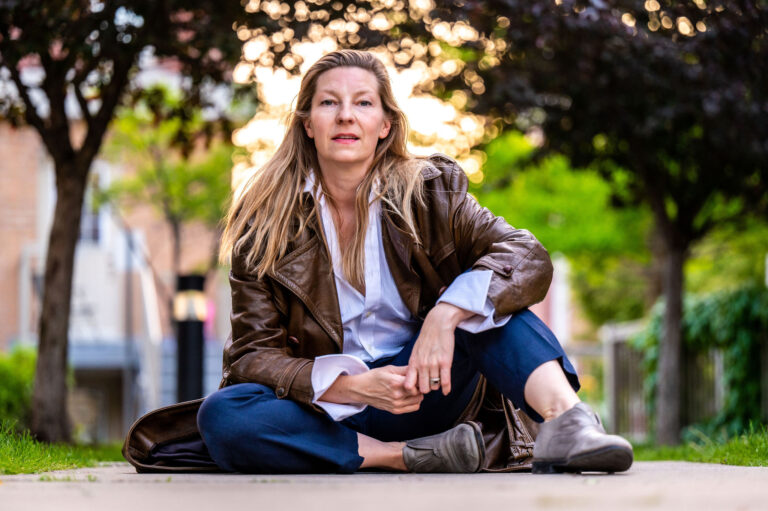
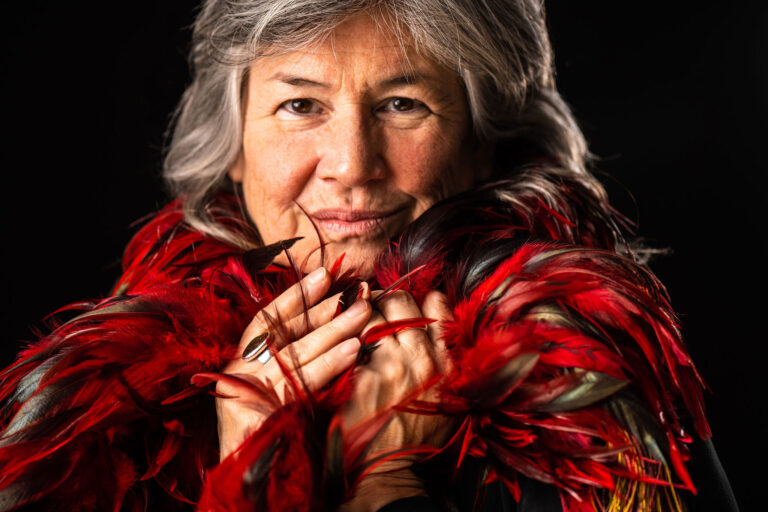
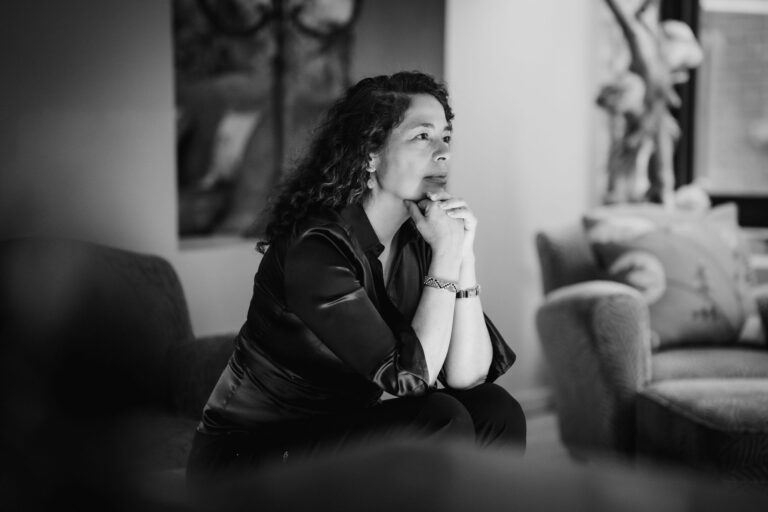
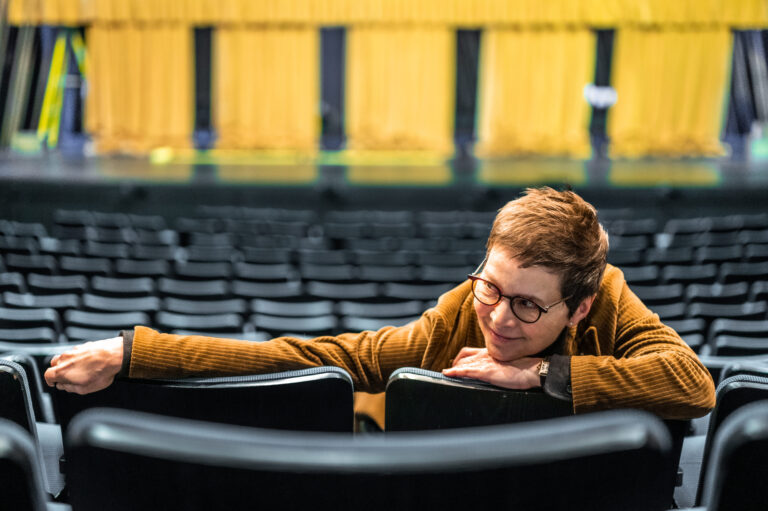
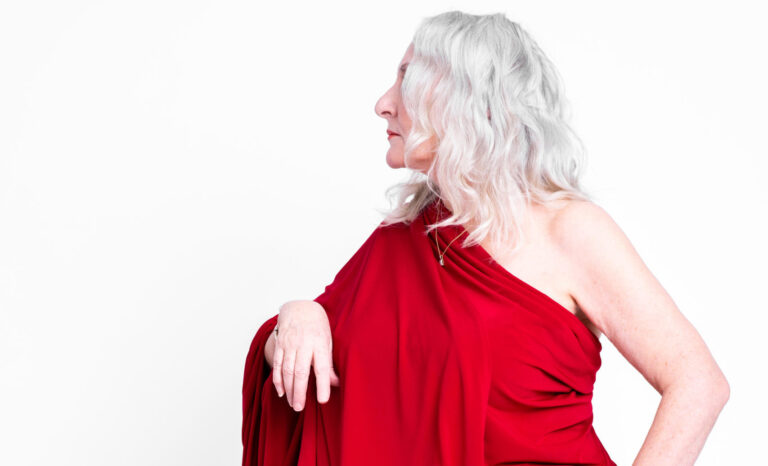
Comments